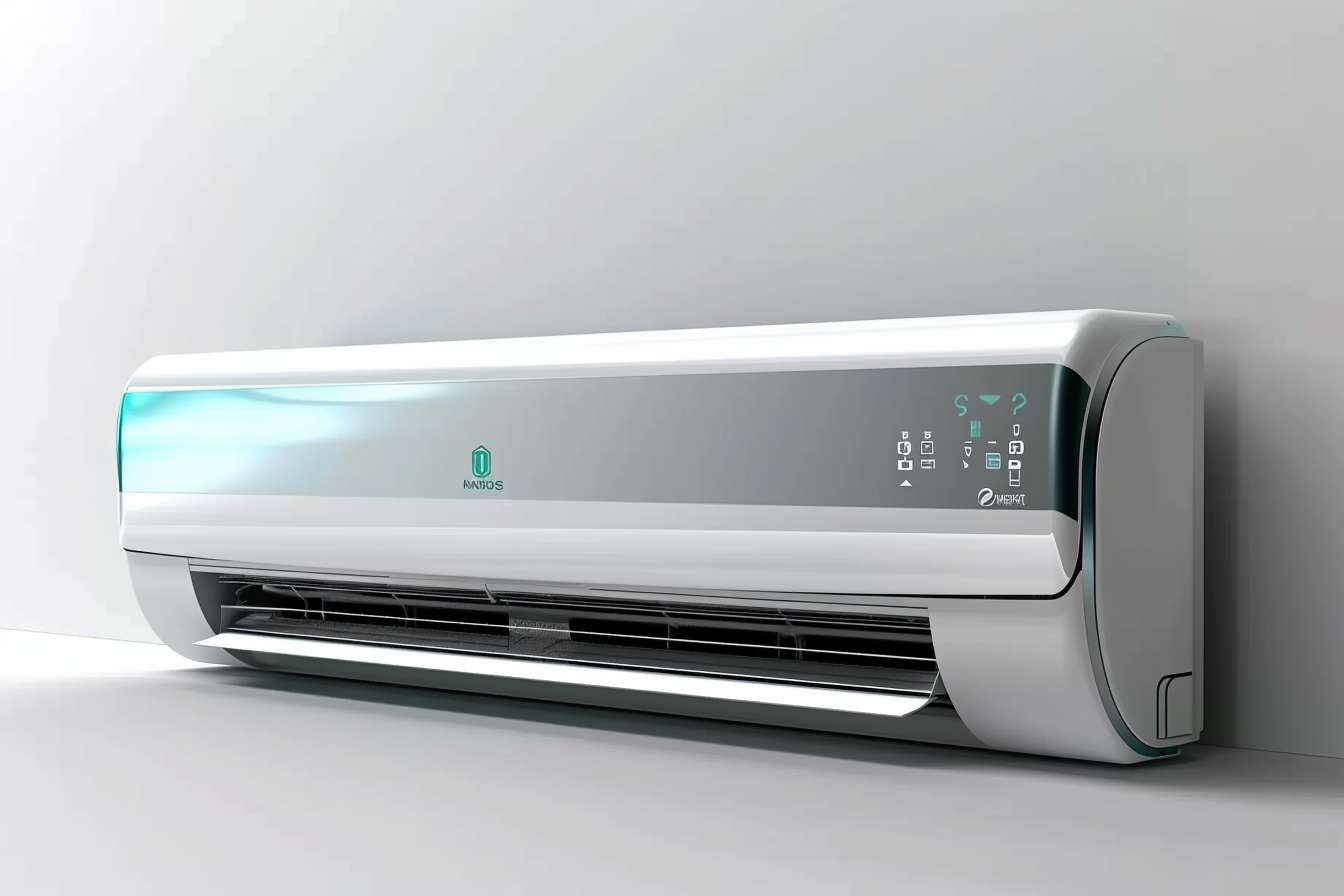Choosing a Ductless Air Conditioner in 2026
Ductless air conditioners, or mini-split systems, provide an alternative cooling solution for homes without ductwork or for targeted room climate control. In the United States, understanding their features, sizing, costs, and maintenance requirements helps consumers make informed decisions for 2026.

Understanding Ductless Air Conditioners
Ductless air conditioners, commonly referred to as mini-split systems, consist of an outdoor compressor unit connected to one or more indoor air handlers. Unlike traditional central AC units that use ductwork to distribute cooled air, mini-splits deliver conditioned air directly into individual rooms. This makes them suitable for homes lacking duct systems, room additions, or spaces requiring zone-specific temperature control.
Mini-splits can be configured as single-zone units for one room or multi-zone systems for several rooms. Each indoor unit allows independent temperature settings, offering flexibility to cool or heat specific areas of a home. The absence of ducts also reduces energy losses commonly associated with ductwork leaks or poor insulation.
Key Features of Ductless Systems
-
Energy Efficiency: Mini-split systems generally have high Seasonal Energy Efficiency Ratio (SEER) ratings, often exceeding 20 in many models. Higher SEER values indicate better energy performance, which may help reduce electricity costs over time.
-
Installation Flexibility: These systems require only a small hole for refrigerant lines between the indoor and outdoor units. This allows installation in a wide variety of settings, including older buildings and room additions.
-
Quiet Operation: Many mini-split indoor units operate at low noise levels, typically between 19 and 30 decibels, which is quieter than most window AC units.
-
Heating Capability: Many models include heat pump functionality, providing both cooling in summer and heating in winter, which can be an advantage in mild to moderate U.S. climates.
Sizing Guidelines
Correctly sizing a ductless air conditioner is important for comfort and efficiency. In general, manufacturers and HVAC experts recommend requiring approximately 12,000 British Thermal Units (BTUs) per 500 to 600 square feet of conditioned space. However, factors such as ceiling height, insulation quality, window exposure, and local climate should influence final sizing.
Oversized units may lead to short cycling, reduced dehumidification, and increased wear, while undersized units may not adequately cool or heat the space.
Typical Costs in United States (2026)
When considering ductless air conditioners in the United States, typical price ranges include:
- Basic option: Around $1,200 to $1,800 per single-zone unit, suitable for small rooms (approximately 300-400 sq ft).
- Standard option: Approximately $2,100 to $3,500 for single to dual-zone systems, often including basic installation and indoor units with moderate SEER ratings.
- Premium option: Typically $3,500 to $5,000 or more for multi-zone systems covering multiple rooms, featuring higher efficiency ratings, advanced controls, and professional installation.
Installation costs vary depending on regional labor rates, complexity of refrigerant line routing, and any home modifications necessary. In some cases, total installed costs may exceed equipment costs, especially for multi-zone systems.
Installation Considerations
Due to the technical requirements of installing refrigerant lines, electrical connections, and mounting outdoor units, professional installation by licensed HVAC contractors is generally advised. Proper installation ensures system efficiency, reliability, and compliance with local building codes.
Installation includes:
- Mounting the outdoor compressor unit in a location with adequate airflow and accessibility.
- Running refrigerant lines and electrical wiring through walls or ceilings to indoor units.
- Installing indoor air handlers on walls or ceilings with appropriate clearance.
- Evacuation and charging of refrigerant to manufacturer specifications.
Homeowners should verify that the installer is familiar with the specific brand and model of ductless system being installed and check for local permits if required.
Maintenance Best Practices
Regular maintenance is important to keep ductless systems operating efficiently:
- Filter Cleaning: Indoor units contain washable filters that should be cleaned every 1 to 3 months depending on use and indoor air quality.
- Professional Servicing: Annual inspections by qualified HVAC technicians can identify refrigerant leaks, electrical issues, and mechanical wear.
- Outdoor Unit Care: Keeping the outdoor unit free from debris, vegetation, and obstructions helps maintain airflow.
- System Usage: Using recommended settings for temperature and fan speeds can reduce strain on the system.
Benefits and Limitations
Benefits
- Effective zone-by-zone temperature control.
- Reduced energy losses compared to ducted systems.
- Suitable for homes without existing ductwork or for additions.
- Often quieter than window units.
Limitations
- Higher upfront costs compared to some window or portable AC units.
- Professional installation is typically necessary.
- Outdoor units require space and proper placement considerations.
- Not all units perform optimally in very cold or extreme climates without supplemental heating.
Regulatory and Energy Efficiency Standards
In the United States, ductless air conditioners must comply with regional and federal efficiency standards. The Department of Energy (DOE) regulates minimum SEER ratings, which as of 2023 generally require at least SEER 14 in northern states and SEER 15 in southern states. Many 2026 units exceed these minimum standards.
Some states and utilities offer incentives or rebates to encourage efficient equipment adoption, but availability varies by location.
Summary
Ductless air conditioners provide an alternative cooling and heating option primarily for homes without ductwork or spaces requiring zone control. Understanding system features, appropriate sizing, costs, installation considerations, and maintenance needs can assist U.S. homeowners in making informed decisions in 2026. Professional installation and adherence to local codes contribute to optimal system function and longevity.




